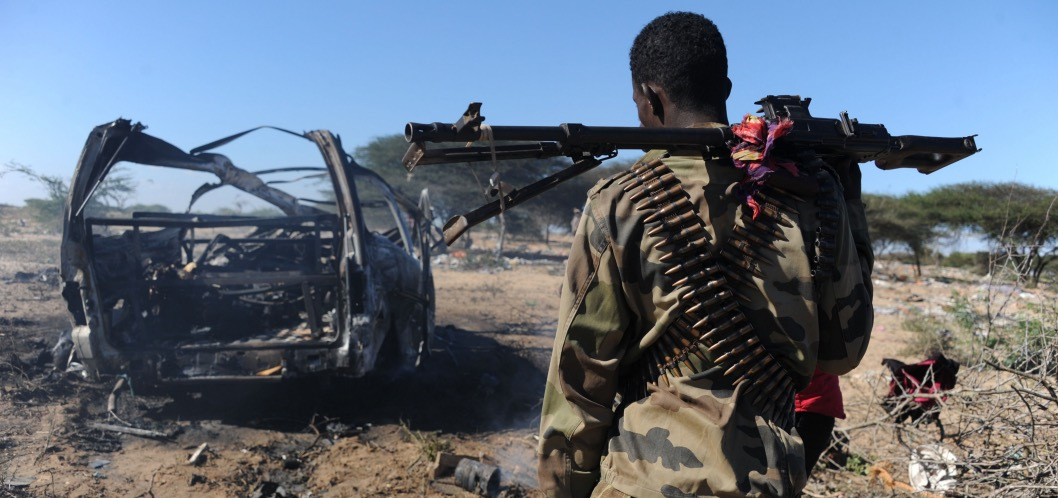Conflicts hampering polio campaigns in Horn of Africa

By Fauxile Kibet
NAIROBI: A committee formed to track the progress of the anti-polio campaign in the Horn of Africa has identified conflict and humanitarian crisis as one of the major challenges facing the campaign in the region.
The Technical Advisory Group (TAG), which met recently in Nairobi, reviewed the outbreak response in Somalia, Ethiopia and Kenya as well as the preparedness in Yemen, Uganda, Tanzania, Sudan, South Sudan and Djibouti in case of an international spread.
According to Jean-Marc Olivé, the chairman of TAG, these challenges are caused by political instability which has made it hard for vaccination teams to access targeted populations.
“If we cannot access populations then it is very difficult to cover them properly during vaccination campaigns and so it is hard to stop poliovirus transmission. This is not a programme-related issue, it is a political one. Until we have access, it will be very difficult to make it,” he argues.
He added that low vaccination coverage which has been caused by the remoteness of some targeted areas and heavily populated urban areas where routine immunization has really never been able to offer the same services and coverage as in more accessible areas with fewer challenges.
CLAN CONFLICTS AND TERRORISM
The report echoes concerns earlier raised by UNICEF and WHO on the polio campaigns in Somalia. The two UN bodies warned in October clan conflicts and militancy in Somalia was hampering access to children for vaccination.
“Today, we face a persistent lack of access to children due to insecurity, population displacement driven by conflict and natural disasters, and a struggling health system, all of which have contributed to low immunization rates in children,” said Dr. Ghulam Popal, WHO Somalia Representative in marking the World TB Day October 2018.
READ ALSO: Insecurity and displacement constraining polio eradication in Somalia-WHO/UNICEF
Polio cases detected in Somalia-WHO
However Mr Jean Olivé accepts that much have been achieved in fighting the disease, especially in terms of capacity building and collecting data which will guide future campaigns.
“I have seen the capacity really building up in the Horn of Africa. The biggest shift is that we now have collected a lot of data about surveillance, about immunization coverage, vaccination campaigns, communications, and also data by the type of population we are reaching and not reaching,” he stated.
Mr Olivé added that it is crucial for organizations leading the anti-polio campaign to stick to the plan that has been set up for the three outbreak countries to interrupt further transmission.
Also, he advises countries that have not been infected yet should have a preparedness plan to ensure that in an event that there is any reported case, they can move swiftly to counter it.
“The problems have been identified. They just have to implement the solutions! We need to be sharing and analysing knowledge, information, and building capacity at the local level to ensure that we are on the right track to success,” the TAG chairman advises.
He adds, “I say to all the countries, go to the areas where you know you have problems and engage local communities and health authorities. Most of the issues can only be addressed at local levels by local people who understand the situation. Help them to do that, and monitor progress.”